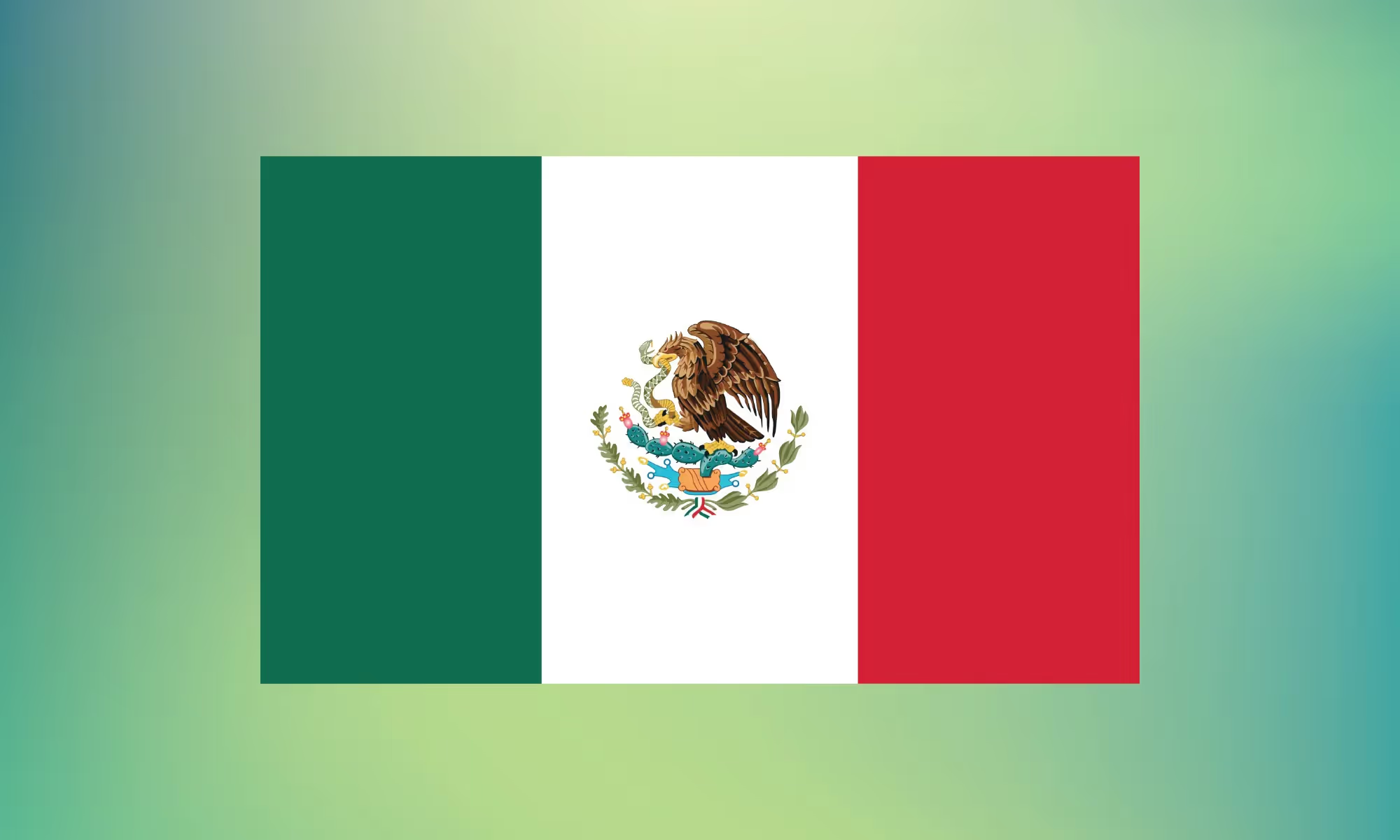Colombia
E-invoicing Guide
Summary
E-Invoicing
B2B, B2G and B2C e-invoicing is mandatory
Digital Reporting
Yes
Colombia Electronic Invoicing and Digital Reporting Requirements
Background
Colombia launched e-invoicing and e-reporting in 2016. Since then, it has become mandatory for an increasing number of taxpayers. From November 1, 2020, all taxpayers registered for VAT should issue an e-invoice for any type of transaction except for:
- Foreign digital service providers.
- Financial institutions.
- Cooperatives.
- Taxpayers using the simplified scheme.
- Retailers of petroleum fuels and compressed natural gas.
- Entities providing urban or metropolitan public transport services to passengers.
- Those providing public toilet services.
- Natural persons in an employment relationship.
- Natural persons selling goods or providing services who do not reach the income threshold for inclusion in the simplified regime.
What Types of Businesses Does This Apply to?
Mandatory for all VAT-registered entities, with the exception of
- Foreign digital service providers.
- Financial institutions.
- Cooperatives.
- Those responsible for the simplified scheme.
- Retailers of petroleum fuels and compressed natural gas.
- Entities providing urban or metropolitan public transport services to passengers.
- Those providing public toilet services.
- Natural persons in an employment relationship.
- Natural persons selling goods or providing services who do not reach the income threshold (approximately USD 30,000) for inclusion in the simplified regime.
Governmental Body Responsible for E-invoicing in Colombia
- DIAN is the government body responsible.
- RADIAN is the DIAN’s platform for e-invoices that are employed for factoring and for asset or security titles.
Penalties for Not Adhering to Colombia's E-invoice Mandates
- Failure to submit the documents for the billing system in the correct form will give rise to a penalty of 7,500 UVT (approx. USD 65,000).
- Issuing electronic invoices without complying with the established requirements will result in a penalty of 1% of the invoiced amount, up to a maximum of UVT 950 (approximately USD 8,000).
- Failure to issue electronic invoices is punishable by the closure of the business establishment, office, practice, or the place where the activity, profession, or trade is carried out.
What does the e-invoicing process in Colombia look like?
- An XML is generated inside of the ERP with the information required by Colombia’s Tax Authorities.
- The XML is then signed with the Certificado Digital. This process ciphers that XML structure and creates the Clave Única de Documento Electrónico (CUDE) or Clave Única de Facturación (CUFE). A document up until this point is not an invoice.
- The Signed XML is sent to the PT (Proveedor Tecnológico) who receives it, validates the XML data against the CUFE/CUDE, ensures both the recipient and the issuer of the invoice are valid entities, and the information contained inside of the XML is accurate, correct and valid.
- The PT reports the transaction to the Tax Authorities.
- The tax authority receives the document and records it. The DIAN assigns a number from the pre-approved number range.
- The PT notifies the Issuer the document has been properly recorded.
- The XML is delivered to the issuer; depending on the PT, a PDF Print Representation may also be delivered.
Upcoming Changes in Colombian E-invoicing
Over a year after its draft proposal, the DIAN officially published Resolution 165/2023, updating the country’s e-invoicing rules. The Resolution updates the current sales e-invoice technical specifications to version 1.9 and introduces version 1.0 of the equivalent electronic document (documento equivalente electrónico) technical specifications.
Following these new rules, taxpayers will be able to issue not only sales invoices and credit and debit notes in electronic format but also other equivalent documents, including cash register receipts generated with P.O.S systems, documents for the provision of domiciliary public services, entrance ticket to public shows and performing art shows, among others. There are a total of 12 (twelve) new e-document types, known as equivalent electronic documents, that will replace current paper documents.
Timeline
The original implementation calendar of the new rules was delayed by Resolution 000008-2024. The new timeline is the following:
- May 1, 2024: taxpayers’ systems must be ready to comply with the sales e-invoice technical specifications v. 1.9
- May 1, 2024: large taxpayers must issue POS tickets electronically
- June 1, 2024: all other taxpayers under the obligation to declare income tax who are not large taxpayers must issue POS tickets electronically
- July 1, 2024: taxpayers not under the obligation to declare income tax and all other taxpayers not present in the previous groups must issue POS tickets electronically
- From August 1 to November 1, 2024: gradual implementation of all other electronic equivalent documents
Is SAF-T Needed in Colombia?
No.
E-Invoicing & Global Tax Automation with Fonoa
One way to comply with Digital Reporting Requirements in Colombia is to use a provider like Fonoa.
With Fonoa, you can:
- Have one integration for your global needs, including Colombia
- Save time and money by automatically cleaning your data to minimize errors and manual work
- Utilize our validation mechanisms to ensure reporting accuracy, data completeness, full control, and compliance
- Rest assured that transactions are successfully reported or queued for internal investigation with our retry mechanisms
- Get full visibility with our dashboards by filtering criteria, analyzing granular transaction data, and quickly importing /exporting information
Disclaimer on Tax Advice
Fonoa does not provide professional tax opinions or tax management advice specific to the facts and circumstances of your business and that your use of the Specification, Site, and In addition, due to rapidly changing tax rates and regulations that require interpretation by your qualified tax professionals, you bear full responsibility to determine the applicability of the output generated by the Specification and Services and to confirm its accuracy. No professional tax opinion and advice. Fonoa does not provide professional tax opinions or tax management advice specific to the facts and circumstances of your business and that your use of the Specification, Site, and In addition, due to rapidly changing tax rates and regulations that require interpretation by your qualified tax professionals, you bear full responsibility to determine the applicability of the output generated by the Specification and Services and to confirm its accuracy.










